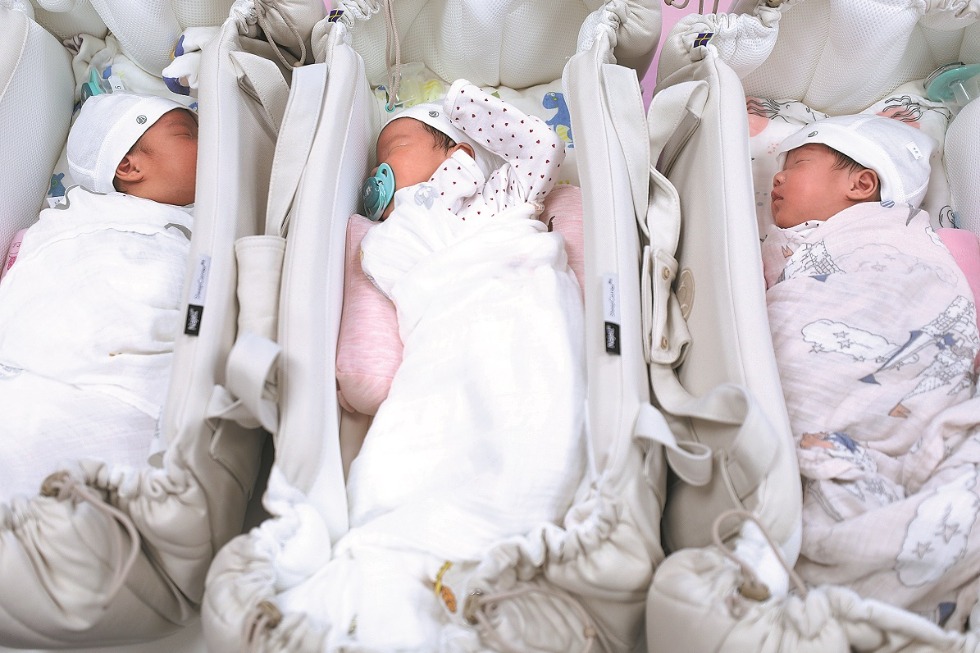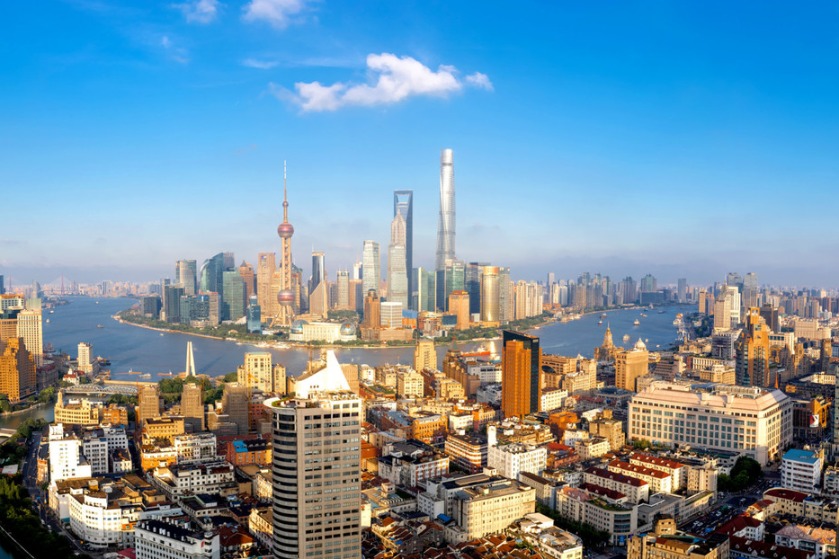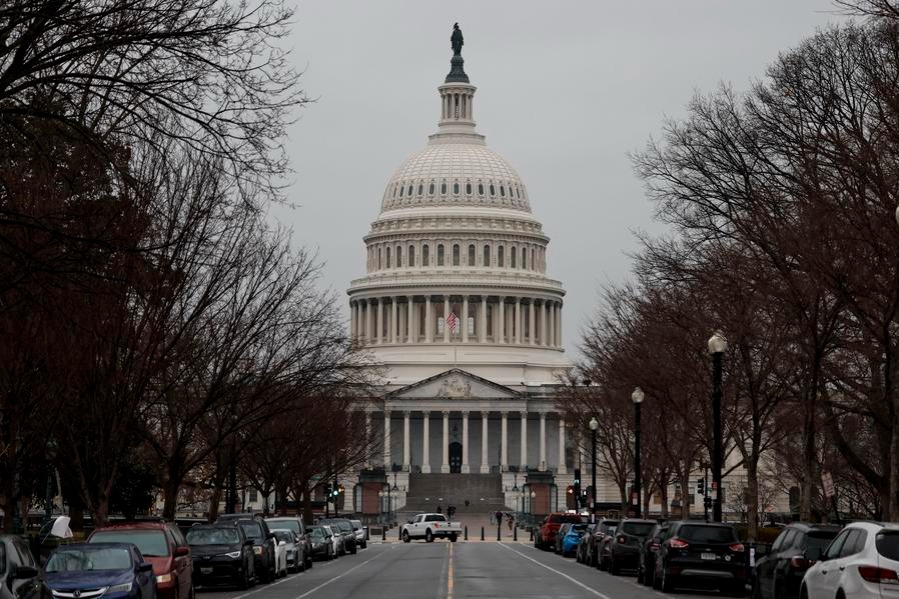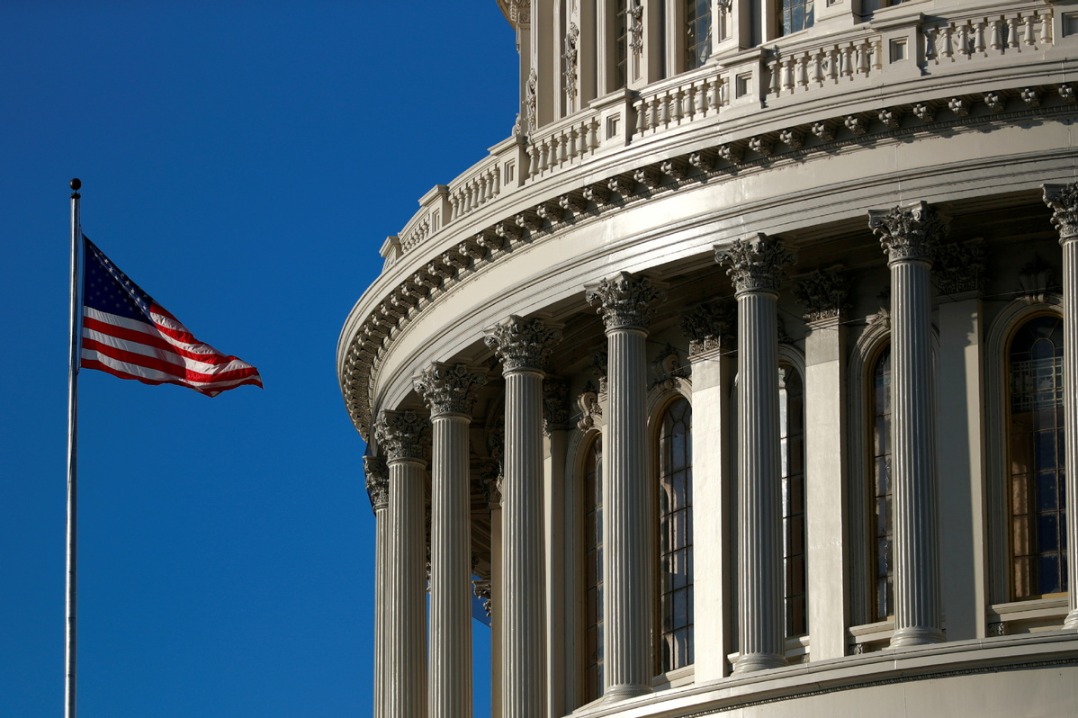China: A country of safety and a land of opportunity

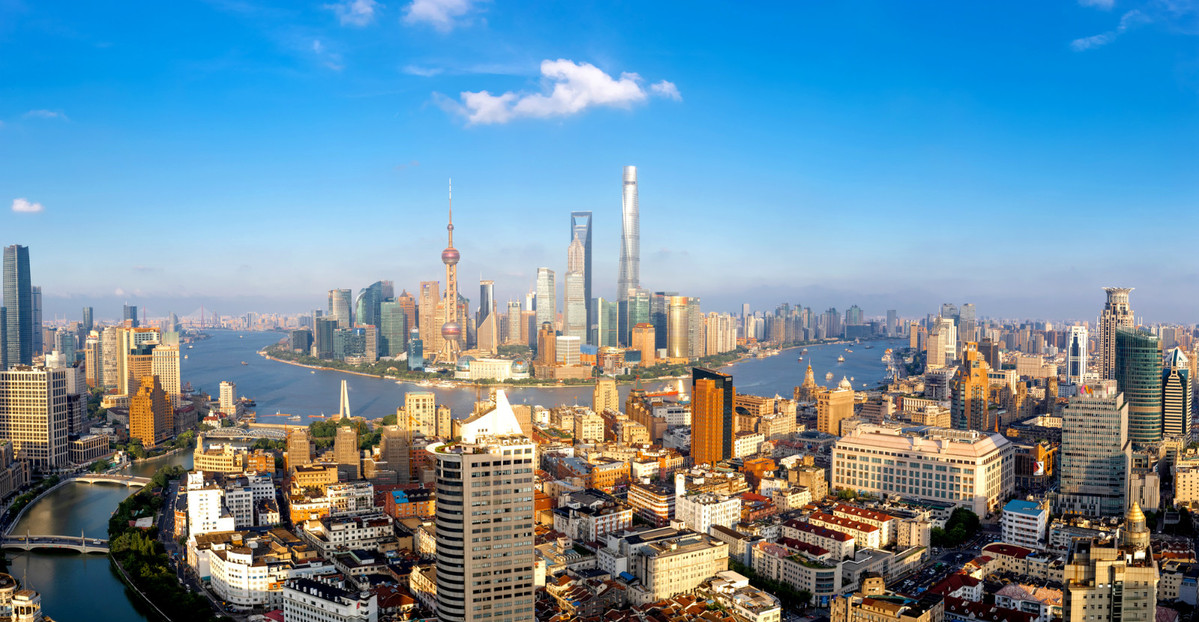
In their vlogs, American travelers Sammy and Tommy recounted an incident from their trip in China. Sammy left her phone on a bench, and when they headed back to look for it ten minutes later, they found, to their amazement, a Chinese girl waiting there patiently for the owner. This story is not unique; many international visitors have expressed their admiration for the safety they feel while walking in China's streets, even late at night. A common sentiment among them is, "China is the safest country I've ever visited."
China boasts some of the lowest homicide and gun-related incident rates globally, with a national public safety index consistently above 98 percent for four years in a row, as reported by the UN. This underscores the growing global recognition of China as a safe country.
The pervasive sense of security in China is no accident. While many parts of the world struggle with conflict, terrorism, and gun violence, China, with its 1.4 billion population, has managed to achieve a level of safety that matches, and increasingly outperforms, developed nations in the West. Why is this the case? A comparison of the unique national security strategies adopted by China and the US might be able to explain the difference.
For the US, security is not so much about the wellbeing of the people, but a convenient excuse for advancing geopolitical gains. Under the banner of "external security and homeland security," the US waged a war on Iraq over the alleged "weapons of mass destruction," killing hundreds of thousands, yet faltered in addressing social ills such as rising hate crime, police brutality, and illegal immigration.
In contrast, China prioritizes people's safety, making it a central part of the government's agenda. The third plenary session of the 20th CPC Central Committee emphasized "advancing the Peaceful China Initiative to a higher level," reflecting a people-centered approach to governance.
On an institutional level, the political gridlock in the US, often due to partisan politics, has stymied progress on critical security issues, such as gun control. In 2023, the US saw 655 mass shootings, which posed a great threat to public safety and property.
While China, under the leadership of CPC, has actively carried out the Peaceful China Initiative. Together with international partners, targeted campaigns such as "Clean Borders" and "Fox Hunt" are being carried out to combat cross-border gambling, telecom fraud, illegal fundraising, and gang crimes.
China's commitment to safety extends beyond crime prevention. It also includes rigorous food and drug regulations, robust personal data protection, and the integration of new technologies such as AI and autonomous driving to enhance traffic safety.
In terms of social governance, in China it is characterized by effective, community-wide participation. Unlike the US, China offers accessible services through local governments and party branches. These branches provide legal advice, and even mediate neighborhood disputes.
Groups such as "Chaoyang Residents" and "Xicheng Aunties", the well-known community groups in Chaoyang and Xicheng districts in Beijing, exemplify China's grassroots social governance. Comprising retirees, community workers, and volunteers, they assist visitors with directions, care for the elderly, and keep an eye out for illegal activities. Over the years, many clues they turned in have helped the police crack a number of criminal cases and contribute to public safety.
The sense of safety in China is a testament to the nation's values and governance capabilities. The Chinese government's responsible and proactive approach has fostered a thriving, safe, and beautiful environment for both citizens and visitors. A safe and secure China, coupled with its ongoing commitment to high-standard opening up, will continue to draw visitors from around the globe and promise boundless opportunities for the world.
The author is an international affairs observer based in Beijing.
The views don't necessarily represent those of China Daily.
If you have a specific expertise, or would like to share your thought about our stories, then send us your writings at [email protected], and [email protected].

















